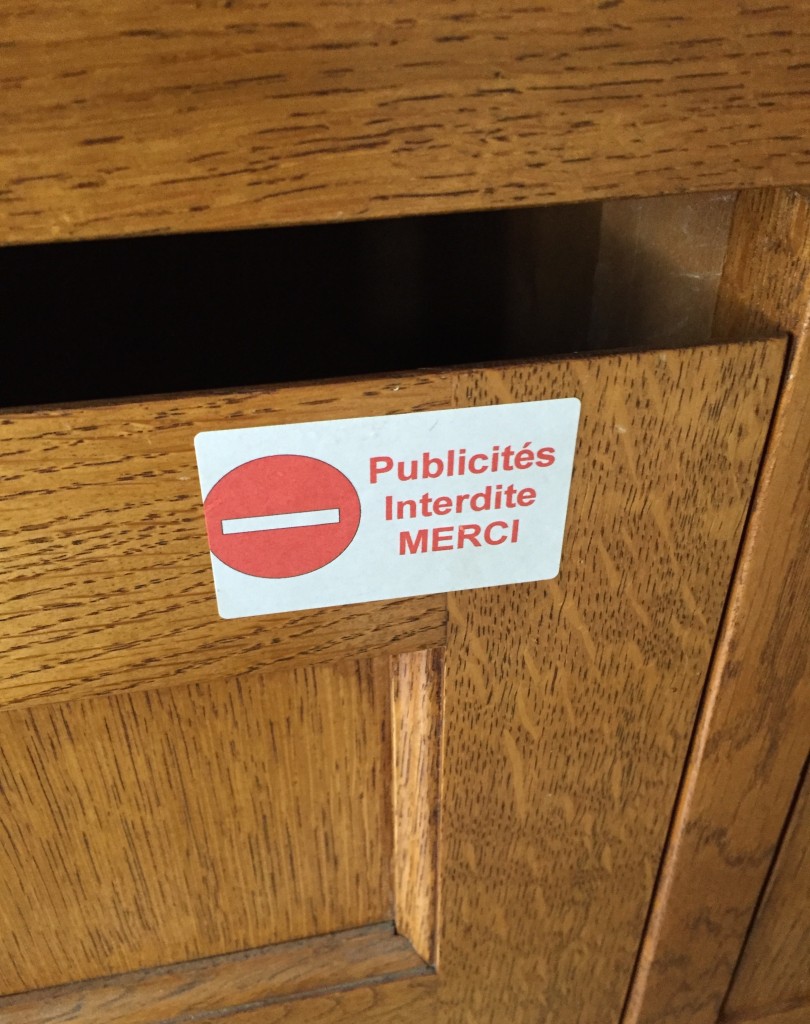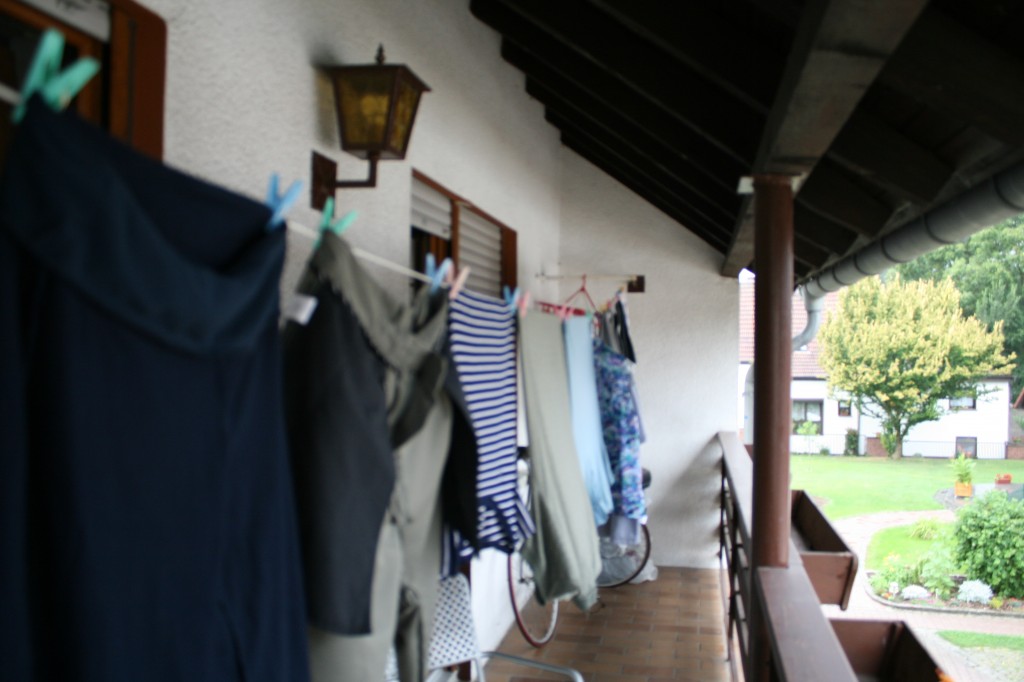Students don’t always realize they’ve altered their habits while abroad, like when they return home and expect dinner to be at 20h00 instead of 18h00. Or the fact that they now measure distances on the metric scale and count hours in military time… Understandably, many of these quirks switch back to the home country’s standard -- out of a matter of convenience -- but I feel that there are some worth bringing home and retaining; think of them as sustainable habits.
In light of this year's COP21 being held in Paris and the major discussions underway, here are eight of my favourite ‘green’ lifestyle customs I've picked up in Europe.
1. Walk, Bike, or Take the Public Transports: I’ve already written about the benefits of walking and biking abroad, but the difference really counts. In the States, nearly every person I know above the age of 20 owns their own car -- and they take it everywhere. Certainly, part of such behaviour must be attributed to a lack of adequate public transports, but there are definitely times when people choose to take their car, simply because they have one. Making the time to walk or bike during the day is about as green as it gets.
 |
| Walking from place to place can be beautiful, too. Stendhal 3 campus. |
2. Halt the Paper – Mailbox Labels: This is brilliant. Seeing as we’re in a digital age, piles of [paper] coupons and ads are just unnecessary. Here in France the solution to stopping these deliveries is incredibly simple: obtain and place a sticker on your mailbox that indicates to the postal service you’d like to discontinue receiving excess tree-shreds.
 |
| A post-box sticker. |
3. Bring Your Own Bag – Or Pay Extra: I’ve become used to cramming soymilk, pasta, eggplant, and bananas into my backpack. Not only do I buy less due to my limited space, but I find carrying my items to be easier when I have a sturdy back or shoulder bag. Stores charge for their plastic, so racks holding bags are impressively small, as almost everyone brings their own tote. Furthermore, it’s difficult to find zip-close lunch bags here, so students become incredibly creative regarding how they transport their nosh; recycled vegetable bags to cleaned-out jam jars are not unheard of.
4. Better waste disposal: In my parents’ kitchen in Germany there are five different bins: paper, plastic, food scraps, metals, and waste. Here in France, I have four. Public areas have both trash and recycling containers available to pedestrians. Europeans are very careful about taking the time to sort their rubbish and dispose of it properly.
5. Conserve Heat, Water, and Electricity: As it turns out, not washing your hair every day can be good for it. In the United States the spectrum of cleanliness varies from 3-5 showers a day to once per week. Here, it’s just a norm that hair doesn’t need to be washed unless it's dirty. It’s not that people don’t shower -- maintaining a clean body is still important -- but conserving water is valued more; the idea is to not go overboard with either. As for heat and electricity, homes are often warmed or lighted by the room. Opening the shutters wide keeps a room bright, while pulling some doors closed keeps a confined area toasty for the occupants of the home. Employing confined climate control reduces unnecessary consumption. Utilities overseas are outrageously expensive, so it’s a priority to conserve them.
 |
| Air-drying laundry in Germany. |
6. Buy Local, Buy Seasonal: I have an app that tells me what fruits, vegetables, fishes, and cheeses are in season in France. The grocery stores do their part by making it very obvious where each of these products comes from; the food labels display the product name and origin in the same size font. Furthermore, imported items tend to be more expensive, encouraging the consumer to buy regional, seasonal produce. The daily/weekly outdoor markets are an added convenience for finding cheap, local foods.
7. Informed Consent -- On Your Carbon Usage: Each time I buy transportation tickets, I’m given a number: my contribution in weight of CO2 emissions I’ve just produced. It’s an easy, simple reminder that my behaviors have measurable impacts on the environment.
8. Live Simply: My final and favorite norm is the art of living minimally. Students who study abroad have no choice but to learn that they can live on 1-2 suitcases worth of material for a few months. Project time further and it dawns on you that you could continue living on almost the same amount for a year, or years. Not having a car, a large house, or easy access to huge supermarkets and shopping centers all reveal the same thing: we don’t need very much to live comfortably. The conservative practices we maintain abroad bestow on us a simplicity of life, a simplicity transferable to our lives back home.
Emily Milton is the Fall 2015 CEA MOJO Blogger in the French Alps, France. She is currently a senior at Iowa State University.










